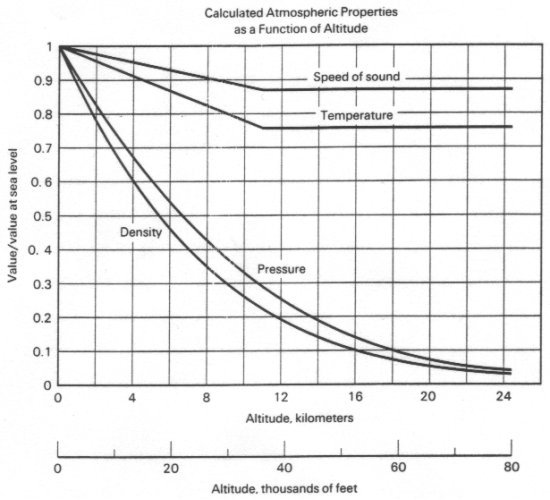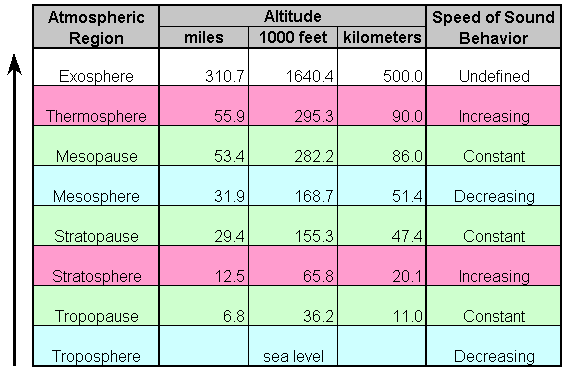HardOCP News
[H] News
- Joined
- Dec 31, 1969
- Messages
- 0
It looks like a new world record has been set for falling from really high places.
A well-known computer scientist parachuted from a balloon near the top of the stratosphere on Friday, falling faster than the speed of sound and breaking the world altitude record set just two years ago. The jump was made by Alan Eustace, 57, a senior vice president at Google. At dawn he was lifted by a balloon filled with 35,000 cubic feet of helium, from an abandoned runway at the airport here.
Last edited:
![[H]ard|Forum](/styles/hardforum/xenforo/logo_dark.png)


